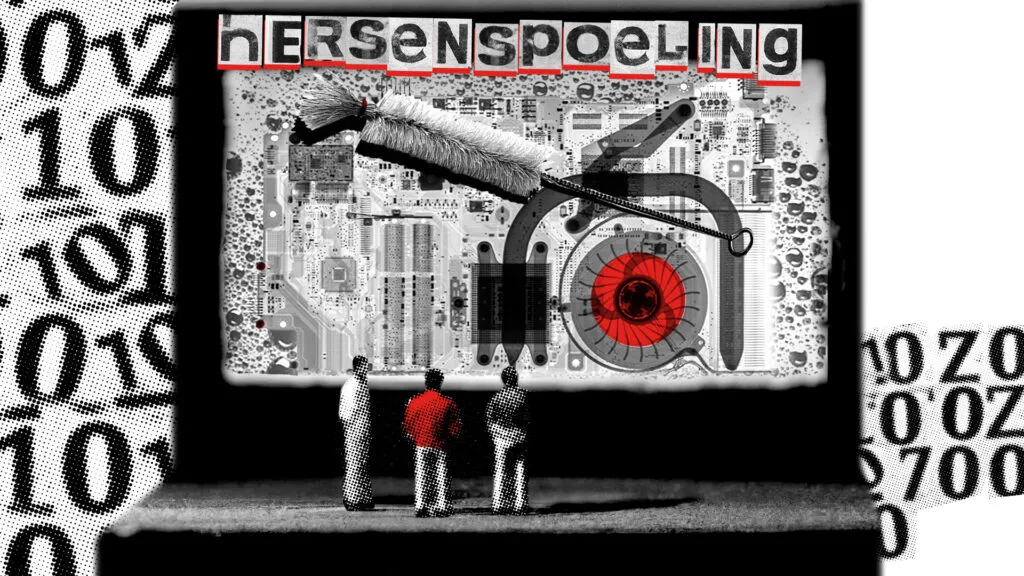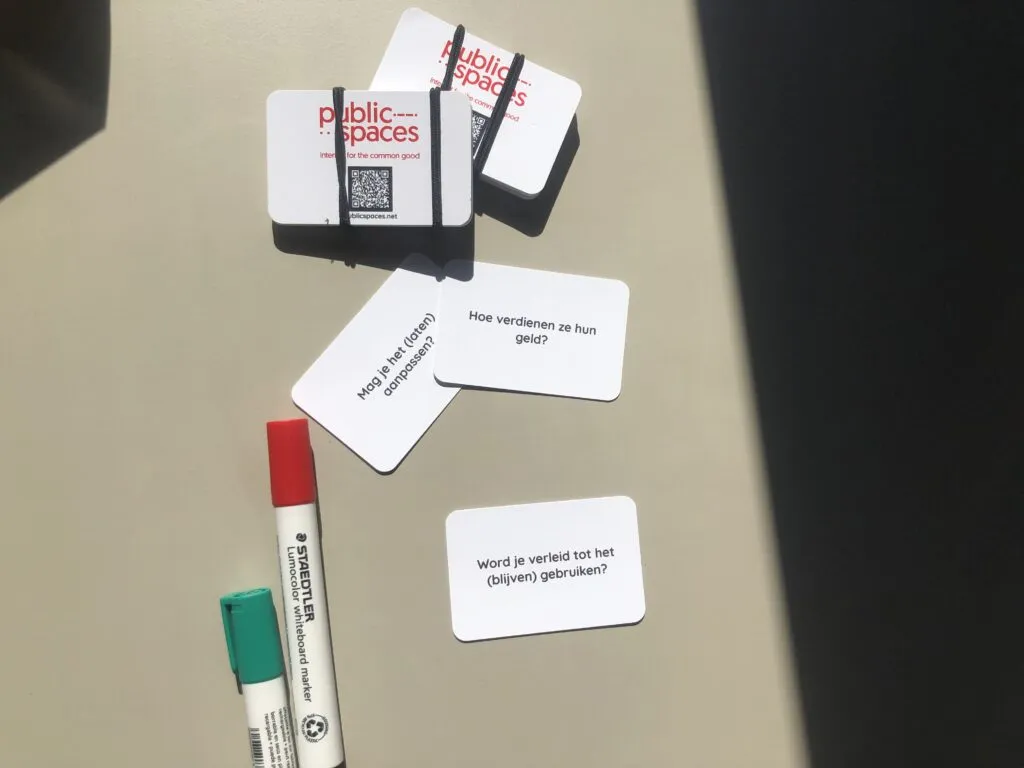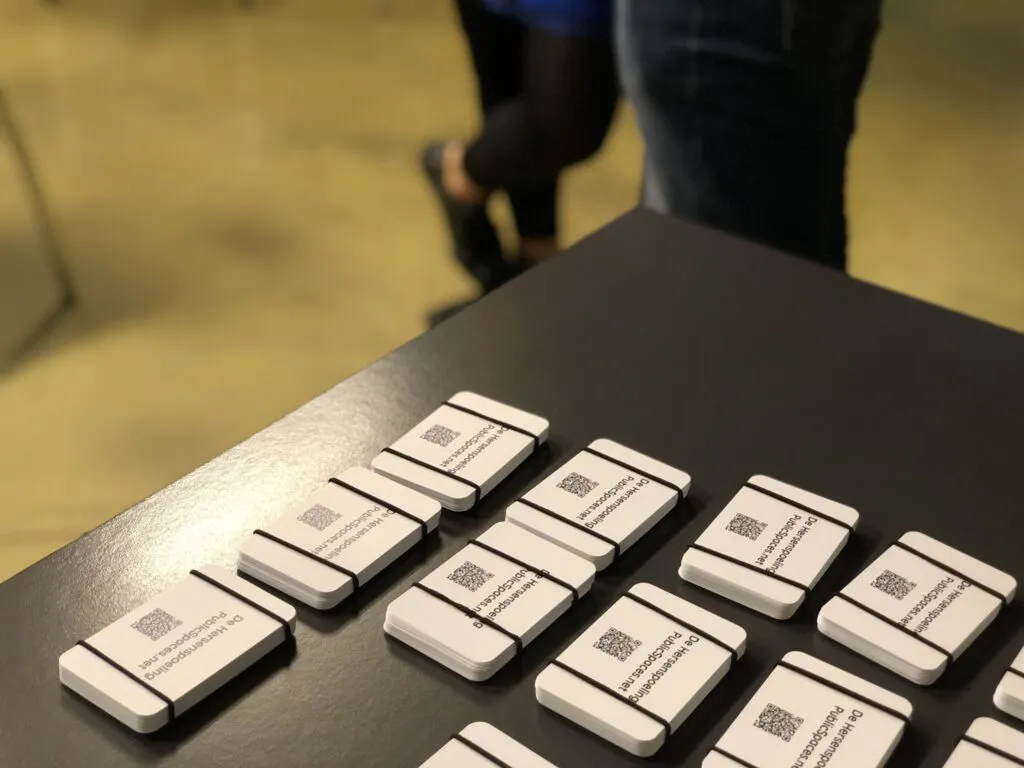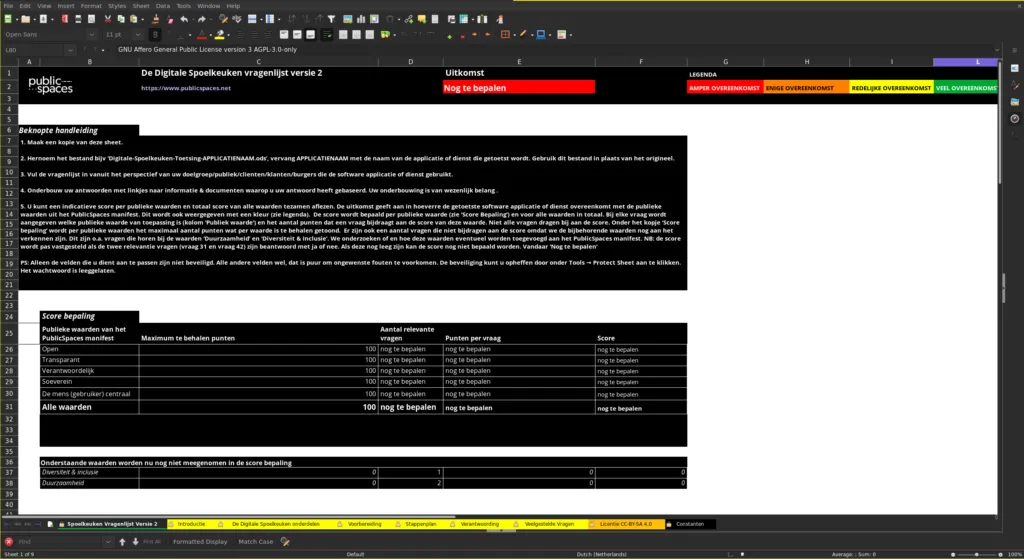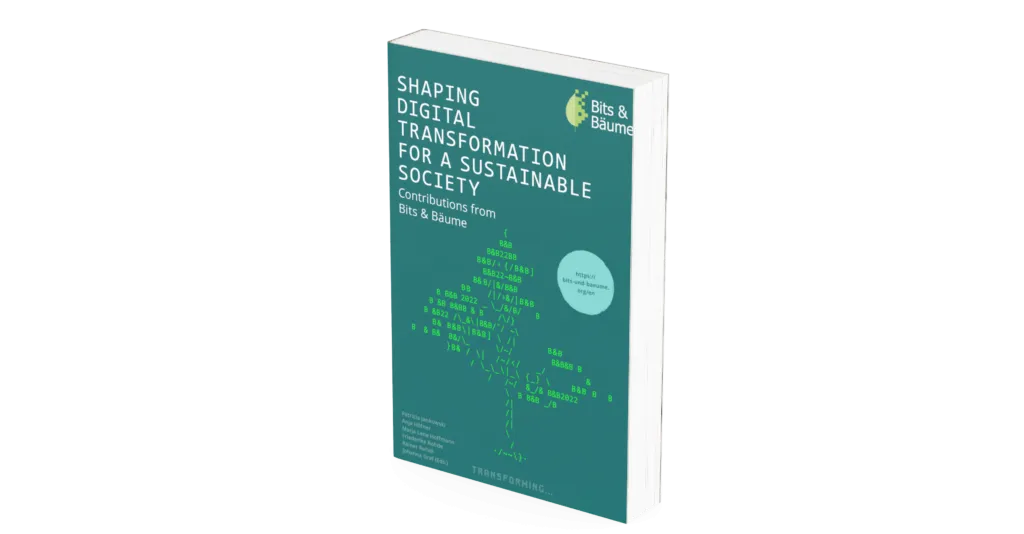In our Librecast project, funded by the European Cultural Foundation, we showcase a series of Pan-European case studies about sovereign media distribution, away from big tech. We highlight these examples and try and learn from them, as we desperately need more sovereignty in our media systems to ensure a well-functioning democratic media landscape.
This time we spoke with Edith LeBlanc, who works for Cultuurconnect, a Flemish cultural organisation which stimulates digital innovation in the sector of local libraries and cultural venues. Last spring Cultuurconnect, together with meemoo and publiq, underwent ‘The Digital Powerwash’. Their experience, which was shared in this article, inspired Cultuurconnect to follow-up their ambition to formulate a sector-wide vision on public values online. In the interview Edith explained to us how Cultuurconnect wants to develop a strategy to realise their ambitions. One approach will be to participate in a workshop offered by PublicSpaces called ‘The Brainwash’.
PublicSpaces will begin offering a workshop called ‘The Brainwash’ this fall, in which participants will be asked to reflect on a public organisation’s use of software and services and its impact on its target audience, employees and society. The workshop will start with a brief introduction about PublicSpaces, public values, and an overall picture of the challenges (problems) surrounding digitalization. Participants will then take part in a ‘game’ which functions as a thought experiment where you discuss statements or questions regarding a specific software tool or service. Cultuurconnect, meemoo, and publiq will be the first organisations to take part in this workshop.
Why did Cultuurconnect decide to participate in ‘The Brainwash’?
According to Edith, the three organisations’ decision to participate in ‘The Brainwash’ was fueled by a longstanding ambition to engage with the theme of public values and digital technology. Though, as Edith explained, it appeared to be difficult to come up with activities and initiatives to effectively set up something manageable around it. “When we decided to discover possible opportunities, we wanted to first investigate the impact of the decision to engage with the subject on ourselves and our ways of working. If we are ever to formulate statements and advise on these subjects, it should be based on valuable insights and experiences.”
Edith also recognized the need for a framework of shared values to effectively address issues eventually surrounding data, standardization, interoperability, privacy, etc. She indicates that Cultuurconnect, as a support centre for Flemish cultural organisations, is still trying to find the right positioning within this theme. “The Digital Powerwash was brilliant for this, as it proved successful in sparking conversations and reflections about the need to reassess existing practices and platforms, within such a framework.” Yet, these reflections are currently only shared by a number of cultural professionals, even within the three organisations: “In the end, it is about ideological, philosophical and even practical choices. Not everyone has the same opinion about this stuff, and that’s okay. But the opportunity to reflect critically on these themes should always be there. I personally believe that that is a necessary precondition for creating a more sustainable impact.”
When looking back on The Digital Powerwash, Edith mentioned the need for distinguishing between the services and platforms that it commissions from suppliers and those that Cultuurconnect offers to the cultural sector itself. “There’s a difference between those platforms that we merely use internally, and those we offer to libraries and cultural centres. Not only in impact, but also in time and resources needed to implement potential adjustments.”
Translating ambition to policy
Apart from making sure there is a common understanding, it is also important that awareness is created throughout every level within an organisation. When asked what she would hope to get out of ‘The Brainwash’, Edith replied: “That we can develop a strategy that is supported by our entire organisation. That is important to me.” She considers this to be an internal objective. According to her, an external objective might be to develop sufficiently impactful initiatives to support the Flemish cultural sector in their own ‘public values’-based transition, whether it be in the form of knowledge programs and trainings, or unburdening initiatives.
After attending the PrivacySalon conference last year, she learned that “if you are looking for good infrastructure hosting, always look for a partner with whom you share your values.” As governmental institutions all across Europe are focusing increasingly more on standardization and shared infrastructure, there is a growing need to prioritize public values in order to establish a shared value framework. Edith believes it would be beneficial to make this a priority in the sector, and to integrate it into for example graduation projects, research studies, projects in the field of practice, etc. However, as she remarks, in order to achieve this goal, efforts must be made on a policy level as well.
If you look at the political level, would you say that Flemish policy is currently committed to digitalisation in a sustainable way and representative of public values online?
“The ambition is growing to do so. But I also recognize that it is not easy. Law- and policy-making will always be a reactive process, thereby lacking behind technological advances”, Edith answers. However, within her ministry, there is a growing reference to PublicSpaces as a best practice for sustainable digital innovation that aligns with public values. The challenge now is to translate this into policy. She noted that the upcoming policy elections in 2024 provides the opportunity to get these themes into policy texts on multiple governmental levels.
Looking at the next few years, what do you think the biggest digital challenges are going to be for Cultuurconnect?
“In Flanders, all sorts of things are happening right now. New elections are coming up, policy makers are preparing themselves for the next legislature. Our three organisations will be collaborating more strategically, supported by our government, by which we will stimulate the digital transformation of the cultural sector in a much more focused way.” She expressed enthusiasm about the opportunity for the organisations to work together.
Edith mentioned the challenge posed by the widening gap around digital skills. “As some organisations lack the resources and time to keep up with the transformation, the gap widens even more.” Acquiring digital skills and literacy, however, is a critical factor for reflecting on the ethical digital transformation from a more ‘meta’ point of view.
Ultimately, the challenge for organizations like Cultuurconnect is not just to inspire and incentivize, but to focus on sustainable impact. As resources continue to shrink, the need to actively support the translation of inspiration into action becomes more pressing. Edith suggests that ‘The Brainwash’ could be a valuable tool in achieving this goal as it would not only inspire, but also encourage organizations to work on initiatives more effectively. With commitment and innovative approaches, Cultuurconnect and other organizations can meet the challenges of the digital transformation of the cultural sector and create a more sustainable future.
Many thanks to Winne van Woerden (Commons Network) for contributing to the project & working with us, as well as our talented illustrator Julia Veldman C. for creating the image above.
